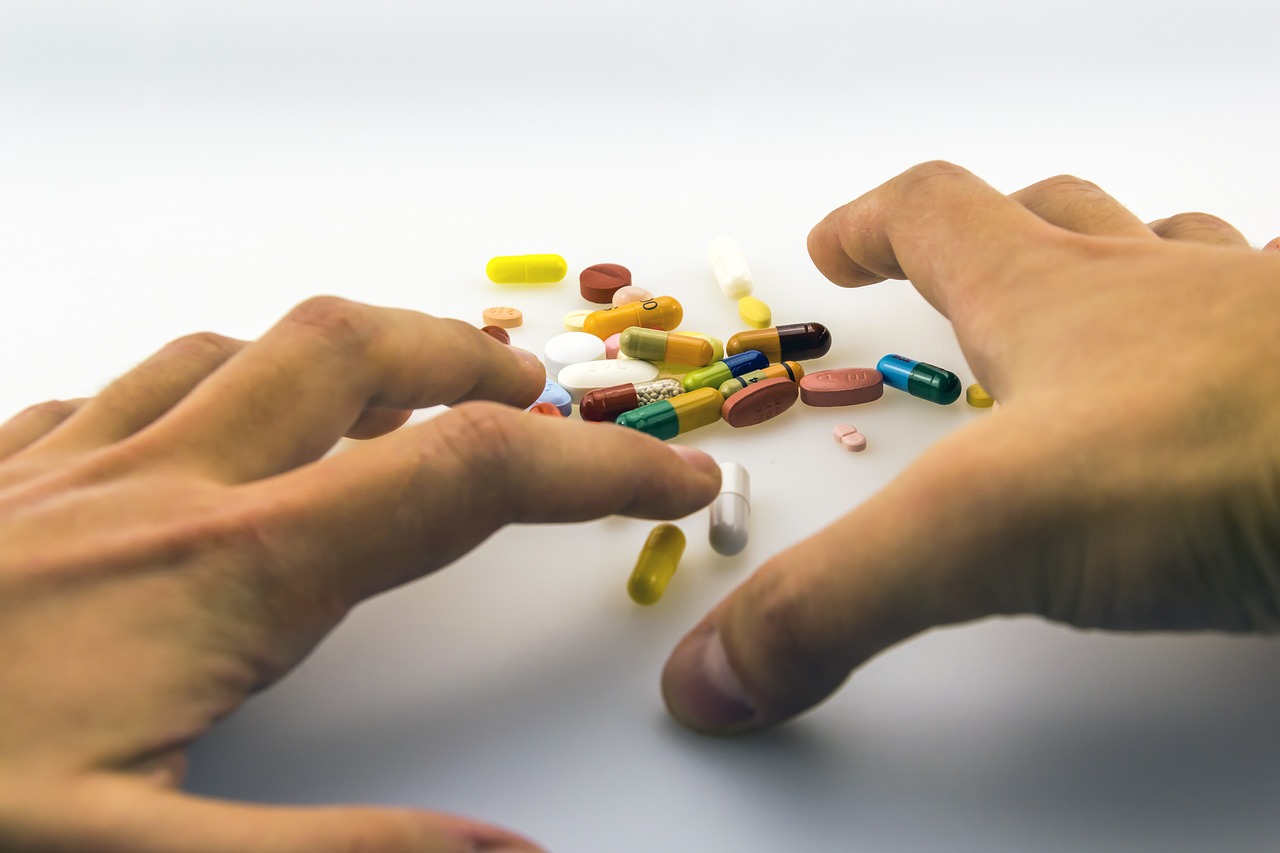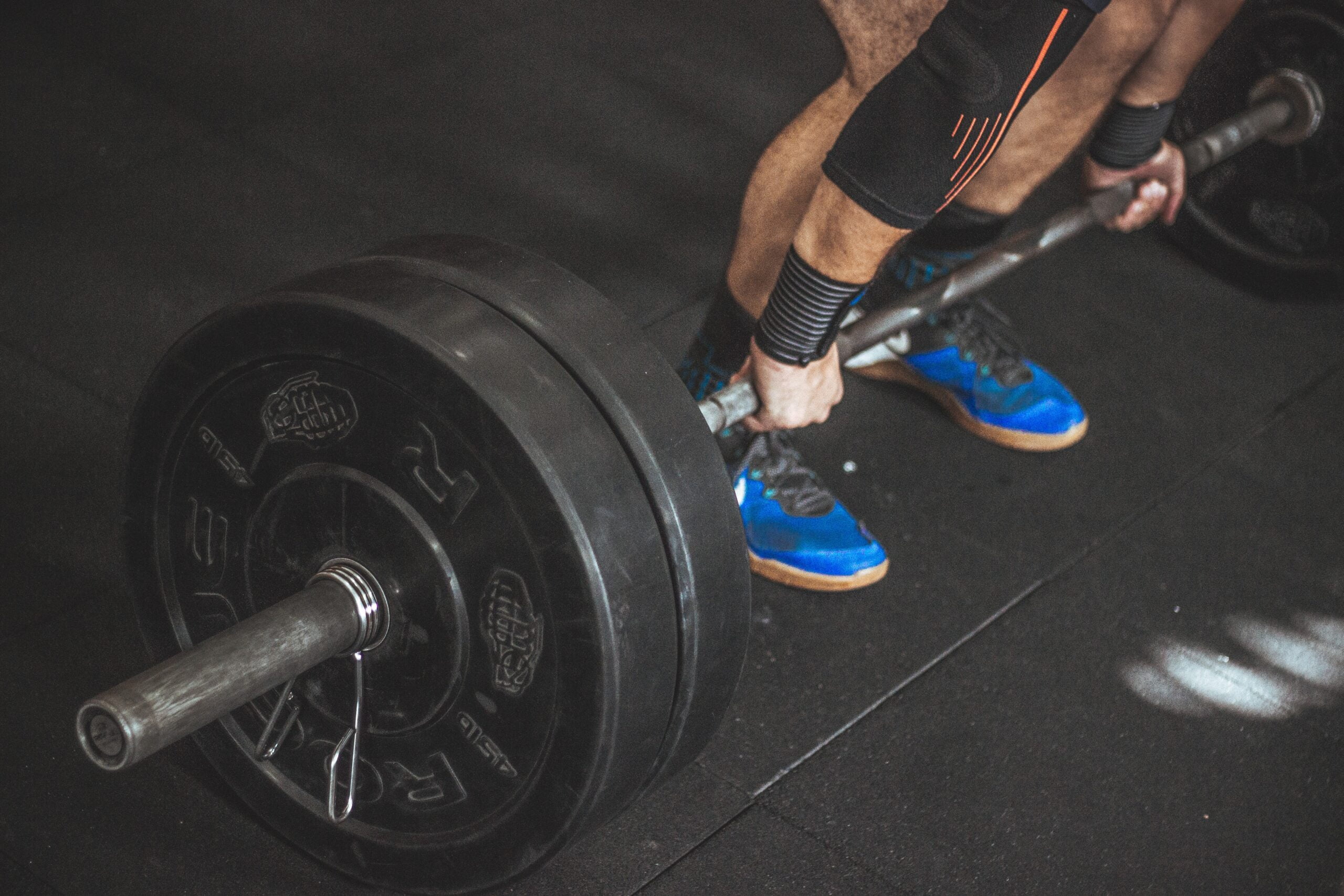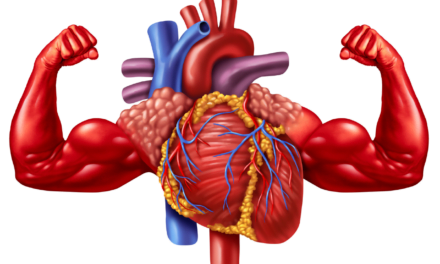Anabolic steroids, synthetic substances similar to the male sex hormone testosterone, are often used by bodybuilders and athletes to enhance performance and build muscle. While they can be effective for muscle growth, their use can have significant impacts on liver health. The liver is responsible for metabolizing these compounds, and the strain of processing steroids can sometimes lead to liver damage. To mitigate these risks, individuals taking anabolic steroids are often advised to support their liver health with protective supplements.
Liver support pills are specifically designed to assist the liver in coping with the enhanced workload caused by the metabolism of steroids. These supplements aim to provide the necessary nutrients to maintain liver function, reduce hepatotoxicity, and promote overall liver health. By combining the use of anabolic steroids with liver support pills, users aim to balance the benefits of performance enhancement with proactive measures to ensure their liver’s well-being. It’s crucial to adhere to safe usage practices and to understand the importance of regular monitoring and testing of liver function during steroid cycles.
Quick Summary
- Steroid use increases the workload on the liver, necessitating protective measures.
- Liver support pills are formulated to reduce the risk of liver damage during steroid use.
- Monitoring liver health is essential for anyone consuming anabolic steroids.
About Steroids

Anabolic steroids are synthetic variations of the male sex hormone testosterone, designed to promote muscle growth and enhance athletic performance. They are one of the most controversial performance-enhancing drugs due to their potential for misuse and side effects.
Types of Anabolic Steroids
Anabolic steroids come in various forms, each with specific applications:
- Oral Steroids: Pills that are convenient to use but may have severe impacts on liver health.
- Examples include Dianabol (methandrostenolone) and Anadrol (oxymetholone).
- Injectable Steroids: Liquids that are administered via injection, often less hepatotoxic than oral variants.
- Common options are Testosterone Enanthate and Nandrolone Decanoate (Deca Durabolin).
All anabolic steroids fall under the broader category of anabolic-androgenic steroids (AAS), which are known to have both muscle-building (anabolic) and masculinizing (androgenic) effects.
Mechanism of Action
Anabolic steroids exert their effects through several mechanisms:
- Binding to androgen receptors in muscle cells to stimulate protein synthesis and muscle growth.
- Altering the natural production of hormones in the body, particularly testosterone, to support physiological changes.
Both synthetic steroids and natural hormones like testosterone interact with muscle cells and other tissues, carrying out the intended anabolic effects while also potentiate some degree of androgenic activity.
The Impact of Steroids on Liver Health
Anabolic steroids have been scientifically linked to adverse effects on liver health, particularly when misused or taken in higher-than-recommended dosages. Understanding the physiological impact on liver function is crucial for mitigating risks.
Liver Toxicity and Damage
The liver is central to metabolizing anabolic steroids, and their use can lead to liver toxicity. Signs of toxicity include elevated liver enzymes and fatty liver disease, which may present without symptoms initially but can progress to more severe conditions. Steroid-induced cholestasis, defined as a decrease in bile flow, can also cause liver damage.
Hepatotoxicity Factors
Several factors affect the degree of hepatotoxicity. Oral steroids, especially those with a 17-alpha-alkylated structure, pose a heightened risk due to their necessity to bypass the liver’s breakdown processes on the first pass. Dosage, duration of use, and the individual’s health status are additional influential factors. Significant liver strain may manifest in enlargement, pain, jaundice, and in severe cases, liver cancer.
Potential for Chronic Liver Issues
Chronic liver issues such as cirrhosis, a result of long-term liver damage leading to scarring and poor liver function, could develop from continued steroid misuse. Long-term steroid use increases the risk of liver tumors, both benign and malignant, further elevating the importance of monitoring liver health.
Liver Support Pills and Protection Strategies

Effective liver support and protection are imperative for individuals using anabolic steroids, as these substances can exert significant stress on the liver. This section offers a comprehensive look at supplements and lifestyle adjustments that can aid in liver health maintenance.
Supplements for Liver Protection
The cornerstone of liver protection revolves around the use of specific supplements that can help mitigate the hepatic strain caused by anabolic steroid use. Two of the most notable supplements in this category are TUDCA and NAC (N-Acetyl Cysteine), both of which offer antioxidant properties and can support detoxification pathways.
- Milk Thistle: Contains silymarin, an active compound known for its hepatoprotective effects.
- Vitamins: B-complex vitamins, especially B12, are crucial for maintaining liver health.
- Minerals: Essential minerals, such as zinc and selenium, support antioxidant defenses within the liver.
TUDCA
TUDCA (Tauroursodeoxycholic Acid) is a bile acid that has been extensively studied for its hepatoprotective benefits. Research suggests that TUDCA can support liver function and promote cell regeneration. Its effectiveness lies in its ability to facilitate bile flow, reduce enzyme elevation, and act as an antioxidant.
- Studies:
- “TUDCA: A bile acid that helps with liver health”
- “The role of TUDCA in liver protection”
NAC Supplement
NAC (N-Acetyl Cysteine) is recognized for its potent antioxidant capabilities and is commonly used to replenish the levels of glutathione, one of the body’s primary antioxidants. NAC can help reduce oxidative stress and inflammation, which may be particularly advantageous for steroid users.
- Clinical Evidence:
- “NAC in liver health and detoxification”
Diet and Lifestyle Adjustments
Adhering to a healthy diet and incorporating regular exercise are critical components of a holistic approach to liver health. A balanced intake of fruits, vegetables, whole grains, and lean protein provides a wealth of nutrients that support the liver’s functions.
- Dietary Recommendations:
- Fiber-rich foods can aid in digestion and toxin removal.
- Antioxidant-rich fruits and vegetables protect against oxidative damage.
- Lifestyle Recommendations:
- Regular exercise to enhance metabolism and overall liver function.
- Monitoring alcohol intake, as it can exacerbate liver damage.
Safe Usage of Anabolic Steroids

When using anabolic steroids for enhancing muscle gains, it’s imperative to adhere to safe dosages and understand the significance of post cycle therapy for maintaining hormonal balance and liver health.
Recommended Dosages and Cycles
An individual should always start with the lowest effective dose and gradually increase as needed, while never surpassing the maximum recommended amounts. Dosage guidelines vary depending on the specific steroid, but one might consider a range of 200-600mg per week for testosterone enanthate.
Example Cycle for Beginners:
- Weeks 1-12: Testosterone Enanthate, 300-500mg per week
It is essential to perform blood work before and after cycles to monitor the body’s response and any potential side effects. Blood tests can help adjust dosages to safe levels tailored to individual needs.
Post Cycle Therapy (PCT)
After the completion of a steroid cycle, implementing PCT is crucial for restoring the body’s natural testosterone production. A typical PCT might include a Selective Estrogen Receptor Modulator (SERM) like Clomid or Nolvadex.
PCT Protocol Example:
- Weeks 1-2: Clomid, 50mg per day; Nolvadex, 40mg per day
- Weeks 3-4: Clomid, 25mg per day; Nolvadex, 20mg per day
PCT helps to mitigate side effects related to estrogen and also supports liver health during recovery. Throughout any anabolic steroid and PCT use, liver health should be regularly evaluated through blood work.
Avoiding Common Pitfalls
When taking liver support pills alongside anabolic steroids, it is crucial to be aware of the potential risks and actively prevent common issues that can lead to serious health complications.
Recognizing Adverse Reactions
Key Symptoms: Individuals should closely monitor for any signs of adverse reactions such as jaundice (yellowing of the skin or eyes), fatigue, abdominal pain, and unusual weight changes. These could indicate liver injury or elevated liver enzymes, including ALT (alanine aminotransferase) and AST (aspartate aminotransferase).
- Jaundice
- Fatigue
- Abdominal pain
- Sudden weight gain or loss
Regular Testing: Regular blood tests are advised to track liver enzyme levels and ensure they remain within a safe range.
- ALT levels
- AST levels
Long-Term Health Considerations
Heart and Cholesterol: Long-term anabolic steroid use, even with liver support supplements, can affect heart health by impacting cholesterol levels and blood pressure. Users should maintain a cardiovascular exercise regimen and regularly monitor their cholesterol and blood pressure levels.
- Cardiovascular Exercise: Encourage regular cardio workouts for heart health.
- Monitoring: Routine checks of cholesterol and blood pressure.
Weight Management: Users should be mindful of long-term health by managing weight through a balanced diet and exercise, as long-term use of steroids can impact weight and energy levels.
Table 1: Impact on Health Metrics from Long-Term Steroid Use
| Metric | Potential Impact | Monitoring Frequency |
|---|---|---|
| Cholesterol Levels | Increased LDL and decreased HDL | Every 3-6 months |
| Blood Pressure | Hypertension risk | Every month |
| Weight | Variations due to water retention | As needed |
Optimal Health Measures: Supplements should not replace the need for a healthy lifestyle. It is critical to maintain balanced nutrition and physical activity for overall health and effective fat loss and muscle-building outcomes from anabolic effects.
Monitoring and Testing
When taking anabolic steroids and liver support pills, periodic monitoring through blood work is essential. It provides objective insights into how the body is responding to these substances.
Blood Work and Biomarkers
Regarding anabolic steroid use, blood work is a crucial tool for monitoring the individual’s health status. It allows for the measurement of key biomarkers that can indicate liver stress or damage, as well as other potential side effects.
- Alanine Aminotransferase (ALT) and Aspartate Aminotransferase (AST): These enzymes are indicators of liver health. Elevated levels of ALT and AST can signify liver inflammation or damage.
- Normal ranges: ALT (7–56 units/L), AST (10–40 units/L)
- HDL Cholesterol: Anabolic steroids can negatively impact cholesterol levels, particularly by lowering HDL cholesterol, which is the “good” cholesterol.
- Normal range for HDL: above 40 mg/dL for men and 50 mg/dL for women
- Blood Pressure: Anabolic steroids can also cause an increase in blood pressure, which should be monitored regularly to prevent hypertension and associated risks.
- Optimal blood pressure: below 120/80 mmHg
Patients should have their blood work checked before beginning steroid use, periodically during use, and after cessation to assess recovery. It is advisable to consult with a medical professional to interpret results and determine the frequency of testing based on individual health status and risk factors.
Frequently Asked Questions

The selection of liver support supplements and strategies is crucial for bodybuilders using anabolic steroids to maintain a healthy liver function. Knowledge about effective substances, such as TUDCA, and awareness of the most hepatotoxic steroids are key for protective measures.
What supplements should bodybuilders use for liver support during steroid cycles?
Bodybuilders typically use supplements like Milk Thistle, N-acetyl cysteine (NAC), and Tauroursodeoxycholic acid (TUDCA) to support liver health during steroid cycles. These compounds help protect the liver from oxidative stress and improve its detoxifying functions.
What are effective liver protection strategies while using anabolic steroids?
Effective liver protection strategies include using liver support supplements, avoiding alcohol and other liver-toxic substances, and following a steroid cycle with proper duration and dosages. Regular liver function tests are also advised to monitor liver health.
Which cycle support supplements are recommended when taking steroids?
Cycle support supplements often recommended include TUDCA, Milk Thistle, and NAC. Additionally, incorporating essential phospholipids and SAMe (S-Adenosyl methionine) can support liver health. These supplements may help minimize the negative impact of steroids on liver functions.
How does TUDCA function as a liver support supplement for steroid users?
TUDCA acts as a bile acid that supports liver health by facilitating bile flow, reducing liver enzymes, and providing a protective effect against cholestasis, which is a condition common in steroid users where bile flow is reduced or obstructed.
What are the most hepatotoxic steroids and how can their impact be mitigated?
The most hepatotoxic steroids include oral compounds like Anadrol, Dianabol, and Winstrol. Mitigating their impact involves limiting cycle lengths, using lower dosages, and integrating liver support supplements. One should also avoid combining multiple hepatotoxic compounds.
Are there any specific liver and kidney protective measures necessary for steroid users?
Steroid users should ensure adequate hydration, maintain a balanced diet, avoid additional nephrotoxic substances, and monitor kidney function with regular blood tests. Supplements like TUDCA and NAC can aid in protecting both liver and kidney functions.
References
- American Association for Clinical Chemistry – Liver Panel
- Mayo Clinic – High blood pressure (hypertension)
- National Heart, Lung, and Blood Institute – What Is High Blood Pressure?
- Centers for Disease Control and Prevention – HDL (Good), LDL (Bad) Cholesterol and Triglycerides
- U.S. National Library of Medicine; Post Cycle Therapy (PCT) After a Testosterone Cycle; available at https://www.ncbi.nlm.nih.gov/pmc/articles/PMC4744441/
- “Liver Injury Associated with the Use of Anabolic Steroids,” National Institute of Health, https://www.ncbi.nlm.nih.gov/pmc/articles/PMC4026349/
- Mayo Clinic. (2020). Nonalcoholic fatty liver disease. https://www.mayoclinic.org/diseases-conditions/nonalcoholic-fatty-liver-disease/symptoms-causes/syc-20354567.
- U.S. National Library of Medicine. (2021). Liver cancer. MedlinePlus. https://medlineplus.gov/livercancer.html.
- U.S. National Library of Medicine. (2021). Cirrhosis. MedlinePlus. https://medlineplus.gov/cirrhosis.html.
Author

Dr. Aditya K. Sharma
I am Dr. Aditya Sharma, a dedicated urologist specializing in kidney transplants and advanced urological surgeries. My career is driven by a passion for delivering exceptional care and pioneering surgical techniques. Outside the operating room, I have a keen interest in studying the effects of anabolic steroids on bodybuilding, seeking to understand the fine line between enhancing performance and maintaining health.






